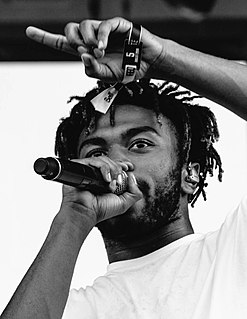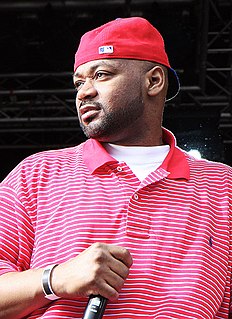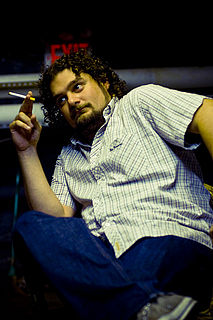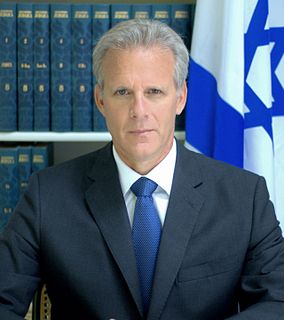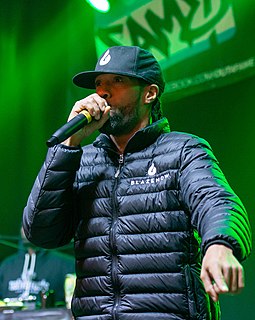A Quote by Kevin Abstract
NWA was all-American; Wu-Tang was all-American. It was just a part of America you may not have seen at the time.
Related Quotes
To me, Wu-Tang is beyond Wu-Tang Clan... It's just like, hip-hop is beyond Grandmaster Flash, but Grandmaster Flash was one of the first guys to hit those turntables like that. The same thing with Wu-Tang. You'll see the difference in hip-hop from the moment we came in to before we came in. We changed it. We changed the whole structure.
And when I speak, I don't speak as a Democrat or a Republican, nor an American. I speak as a victim of America's so-called democracy. You and I have never seen democracy - all we've seen is hypocrisy. When we open our eyes today and look around America, we see America not through the eyes of someone who has enjoyed the fruits of Americanism. We see America through the eyes of someone who has been the victim of Americanism. We don't see any American dream. We've experienced only the American nightmare.
As a historian of American and African-American religion, I know that the Trayvon Martin moment is just one moment in a history of racism in America that, in large part, has its underpinnings in Christianity and its history. Those of us who teach American Religion have a responsibility to tell all of the story, not just the nice touchy-feely parts.
When we look at the arts and letters in America, especially if we look at poetry, and poetry set to music, this dialogue, we have this very powerful beautiful, eclectic, diary, or narration of being in America, being American, participating in America, becoming more of America and also as an American, the American creative spirit, which is quite interesting. Our composers and poets have spent more time writing and thinking and speaking out of what it means to be a composer or poet as well as to be an American, or a composer or poet In America; both relationships.
I like the way that American has become a kind of spiritual home even for people who have never seen it. American dreams are strongest of all in the hearts of people who have only seen America in their dreams. I think it's refreshing and reviving to go around the world and see how America still occupies this special place.
The reason I wouldn't dare to write a Western is simply because that seems to be so much a part of American culture. Maybe if I want to write a Western enough I should try to overcome that fear, but I'll certainly feel like I'm trespassing. I feel that that is so much a part of American foundation myth, it's part of the myth of America, the American vision of what America is, which people have glorified and then challenged and then vilified.
I've been in America for almost ten years. I've had many parts of the American experience. I've been all over this country and seen many different parts of it. It's just that I'm not an American. I've never become an American. I'm talking about the whole thing-psychologically, citizenship, the whole trip. Of course I've definitely been influenced by America-I'm definitely influenced by the music and the culture.
Foreigners have a complex set of associations in their minds when they think of America - from Iraq to 9/11, certainly, but also from Coke to jeans. It is entirely possible for people around the world to love American products, American books, American movies, American music, and dislike the policies of the government of America.
